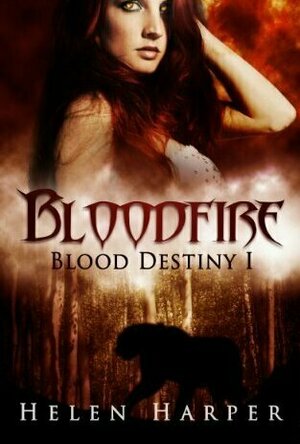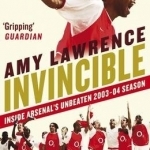
Invincible: Inside Arsenal's Unbeaten 2003-2004 Season
Amy Lawrence and Arsene Wenger
Book
In 2003-04, Arsenal overcame every conceivable challenge to complete a 38-game league without a...
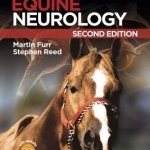
Equine Neurology
Book
Equine Neurology, Second Edition provides a fully updated new edition of the only equine-specific...
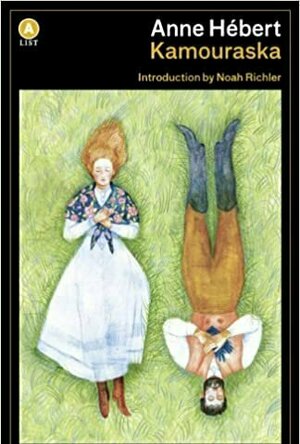
Kamouraska
Book
A classic of Canadian literature by the great Quebecoise writer, Kamouraska is based on a real...
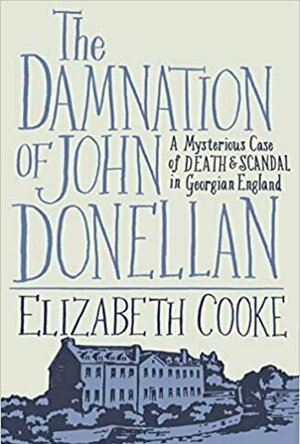
The Damnation of John Donellan: A Mysterious Case of Death and Scandal in Georgian England
Book
In August 1780 Sir Theodosius Boughton, a dissolute Old Etonian twenty-year-old and heir to a...
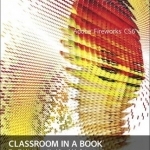
Adobe Fireworks CS6 Classroom in a Book
Book
Those creative professionals seeking the fastest, easiest, most comprehensive way to learn Adobe...

Tolley's VAT Planning: 2016-17
Book
This practical guide addresses the VAT issues that practitioners encounter on a regular basis. The...

Tolley's VAT Planning: 2017-18
Book
This practical guide addresses the VAT issues that practitioners encounter on a regular basis. The...
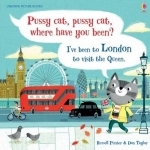
Pussy Cat, Pussy Cat, Where Have You Been? I've Been to London to Visit the Queen
Daniel Taylor and Russell Punter
Book
Take a virtual tour of London in this original picture book based on the classic English rhyme,...
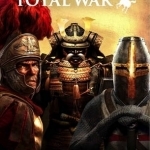
The Art of Total War
Book
The Art of Total War is a high-end art book based on the bestselling Total War[trademark] franchise,...
Leanne Crabtree (480 KP) rated Bloodfire (Blood Destiny, #1) in Books
Jan 7, 2021
This was recommended through Goodreads based on my other reads and since it was a freebie, I thought, why not? And downloaded it. And then read it in one sitting. I was completely pulled in from the beginning and this thing she has going with Corrigan has definitely got me intrigued.
I'm even going to buy book 2 and start it right now, even if it has gone 1am. Who needs sleep?
